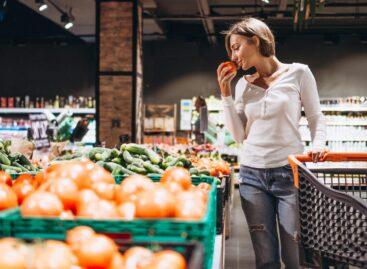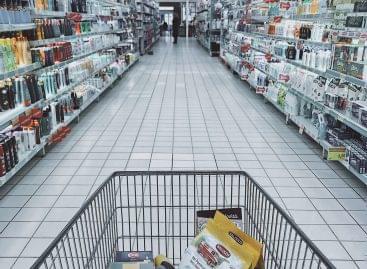Global food inflation may increase further due to the situation in India
In the current year, India’s monsoon season raises serious concerns due to its deficient rainfall and the accompanying drought. The most populous country in the world has not seen such low rainfall during the monsoon season for the past eight years, and if the September rains also fail, this could further exacerbate the already record-high level of food inflation. The Indian agriculture heavily relies on the monsoon, which provides water for irrigation and fills reservoirs. However, this year, a rainfall deficit of at least 8 percent is projected, primarily affecting the drought-stricken northern and eastern states.

The influence of El Nino has caused the traditionally rainy month of August to become drier, and improvement is not expected in September either. The northern and eastern states could experience even less rainfall, while the southern regions might see more rain. The summer months have already witnessed the negative impacts of drought and climate change, with rainfall in both June and July falling below average. August has proven to be exceptionally dry, potentially marking the driest August in the past century.
The escalating drought and rainfall deficit further contribute to the food inflation problem, which is already a significant issue. The rising prices of food items burden the wallets of Indians, and food inflation has surged to an unprecedented level of 11.5 percent since 2020. The prices of essential food items, such as vegetables, spices, and grains, have significantly increased. Achieving the inflation target set by the Reserve Bank of India is becoming more pressing for the government, especially with elections approaching.
The rise in food prices is also impacting consumer behavior. People are compelled to cut down spending in other areas, such as clothing and footwear purchases. Retailers are resorting to discounts to stimulate sales, and they are hoping for increased consumption during the festive season. However, due to the crisis of food inflation, the situation remains uncertain, and Indians are forced to make cutbacks in other areas due to the rising cost of food.
Related news
Food inflation accelerated in Germany in September
🎧 Hallgasd a cikket: Lejátszás Szünet Folytatás Leállítás Nyelv: Auto…
Read more >Food inflation in Romania accelerated to 9.88 percent in September
🎧 Hallgasd a cikket: Lejátszás Szünet Folytatás Leállítás Nyelv: Auto…
Read more >Related news
Nestlé to sell remaining ice-cream assets but commits to Froneri venture
🎧 Hallgasd a cikket: Lejátszás Szünet Folytatás Leállítás Nyelv: Auto…
Read more >Lidl guarantees fairer prices for cocoa farmers
🎧 Hallgasd a cikket: Lejátszás Szünet Folytatás Leállítás Nyelv: Auto…
Read more >








